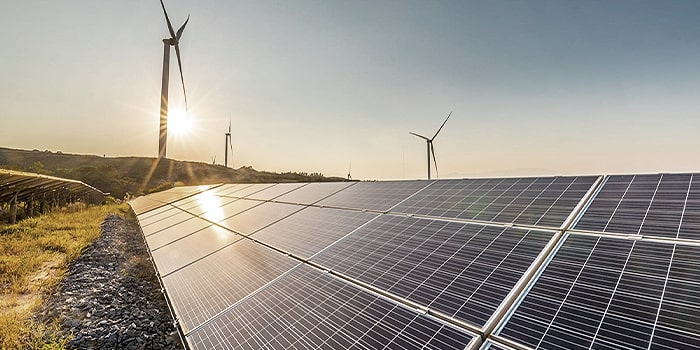
The African Development Bank Group (AfDB) approved in February the Leveraging Energy Access Finance Framework (LEAF), under which it will commit up to USD164 million to promote decentralised renewable energy in six African countries – Ghana, Guinea, Ethiopia, Kenya, Nigeria and Tunisia.
LEAF is a USD900 million framework with the overarching objective to unlock local currency debt and overcome market barriers to support the growth of Decentralised Renewable Energy (DRE) solutions to tackle the energy shortfall whilst dramatically reducing carbon emissions and simultaneously boosting local economies and businesses.
LEAF aims to: enhance local markets by de-risking the DRE space through guarantees and subordinated debt, unlocking local currency debt finance and scaling up investments; create capacity within local banks and financial institutions to engage and finance DRE businesses, structure strong financing transactions; and support governments to create enabling policies for private investment.
The AfDB developed the LEAF programme, in collaboration with the Green Climate Fund, which approved USD170.9 million in concessional financing last July. Over six years, LEAF will deploy concessional finance, credit enhancement instruments and technical assistance to crowd-in private sector investors, including local banks, to finance and accelerate efforts to power the continent.
Some 18 decentralised renewable energy projects are expected to be financed, providing access to six million people and businesses and resulting in 28.8 million tonnes CO2 equivalent in greenhouse gas emission reductions over the lifetime of the systems.
AfDB Vice President in charge of Power, Energy, Climate Change and Green Growth Dr. Kevin Kariuki said: “The African Development Bank is delighted to partner with the GCF on the LEAF Framework, which will not only accelerate access to electricity based on decentralised renewable energy solutions, hence reducing the respective countries’ carbon footprints, but will do so with the active participation of a private sector facilitated by local currency financing and commercial capital availed under the programme.”
Many African countries still face challenges in achieving universal access to sustainable, clean, affordable and reliable electricity. According to the latest Sustainable Development Goal (SDG) 7 tracking report, close to 600 million Africans lack access to electricity. As a result of the Covid-19 crisis, the number of people without access to electricity increased again for the first time in recent years.
Scaling up decentralised renewable energy – solar home systems, green mini-grids, and solar solutions for commercial and industrial use – is crucial to achieving the SDG7 objectives and requires significant private sector and local currency financing.
The LEAF framework forms part of the AfDB’s broader off-grid strategy under the New Deal on Energy for Africa and complements existing initiatives, such as the Sustainable Energy Fund for Africa.
The AfDB has also approved a USD379.6 million financing facility for the Desert to Power G5 Sahel scheme, which covers Burkina Faso, Chad, Mali, Mauritania and Niger. The scheme will assist the G5 Sahel countries to capitalise on the abundant solar resources in the region and provide much needed power for local populations.
The scheme is planned to result in the development of 500MW of clean energy capacity, which will facilitate access to electricity for 695,000 households. The GCF also approved USD150 million of concessional resources last October for the facility, which is expected to leverage about USD437 million in additional financing from other financing institutions, commercial banks and private sector developers.
